detail profile libgart schwarz
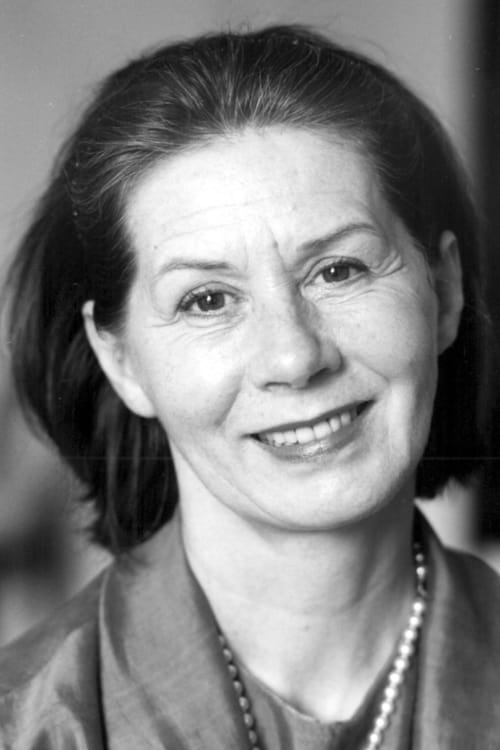
Riwayat Hidup
Libgart Schwarz is an Austrian stage and screen actress.
She studied at the Max Reinhardt Seminarium in Vienna.
In 1967 she married Pater Handke.
They have a daughter, Amina.
Libgart Schwarz was recruited by Peter Stein to the Schaubühne ensemble, where she also worked with Luc Body.
Info Pribadi
Peran Yang Di Mainkan Libgart Schwarz
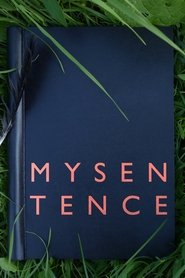 Amina Handke adapts the 1967 theatre play...
Amina Handke adapts the 1967 theatre play...My Sentence 2022
Amina Handke adapts the 1967 theatre play Kaspar written by her father Peter Handke. Instead of a young man being tortured by language, we meet an old woman played by the director’s mother, Libgart Schwarz, who loses her linguistic abilities while rehearsing for the very same play. What begins as a pure and playful family meta-fiction turns into a surreal, partly nonsensical Babylonian confusion, it’s just that it’s not different languages that are clashing but layers and fragments of the German language, the language of the father. The film avoids the traps of representational cinema. It’s all noises and muttering, injunctions and an almost Dadaist pleasure in repeating sentences until they completely lose their meaning.
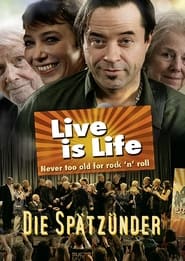 A greaterVienna seniors home is run...
A greaterVienna seniors home is run...Live Is Life 2010
A greater-Vienna seniors' home is run like a prison by the stuck-up female executive and staff. Hippie-type rebel Rochus 'Rocco' Siwak incurs a community service to be spent there as orderly. Sympathizing with seniors who still aspire to some dignity and self-realization, he helps them get around the rules, such as smuggling in contraband, and ends up inspiring them to form a rock band and enter a free podium competition. But it doesn't square with his own last shot as band guitarist.—KGF Vissers
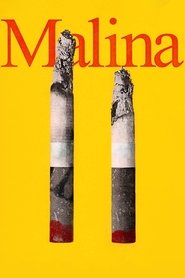 An unusual story of a triangular...
An unusual story of a triangular...Malina 1991
An unusual story of a triangular relationship in Vienna. A woman shares an apartment with a man named Malina. The woman meets Ivan and falls under his spell. It will be her last great passion. Her feelings are so strong and all-encompassing that Ivan can neither understand nor return them.
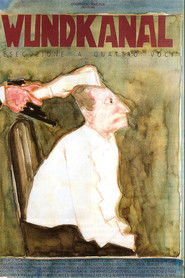 An old man is kidnapped His...
An old man is kidnapped His...Wundkanal 1984
An old man is kidnapped. His interrogation uncovers the biography of a mass murderer: The 80 years old man was a SS leader and responsible for the killing of thousands of people in Russia. He also "invented" an evil technique of eliminating political prisoners: the manipulated suicide. Thomas Harlan reconstructs the history of a bureaucratic murderer, he also develops a direct connection between the Nationalsocialism and the treatment of prisoners of the RAF terrorists in the Stuttgart isolation prison. Robert Kramer filmed the shooting of Harlan's Wundkanal: Notre Nazi documents a social experiment in which the children of Nazis and of victims meet a real culprit. The reality seems to be stronger that the fiction in Harlan's film. (Edition Filmmuseum)
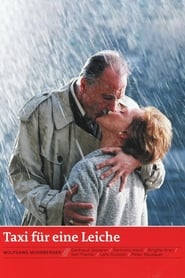 A crime comedy directed by Wolfgang...
A crime comedy directed by Wolfgang...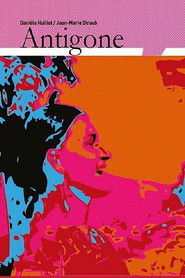 A fearless Antigone refusing to allow...
A fearless Antigone refusing to allow...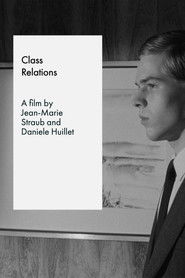 A young man recently arrived in...
A young man recently arrived in...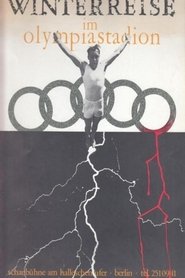 In the winter of 1977 Schaubhne staged...
In the winter of 1977 Schaubhne staged...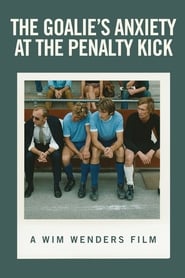 Goalkeeper Josef Bloch is sent off...
Goalkeeper Josef Bloch is sent off...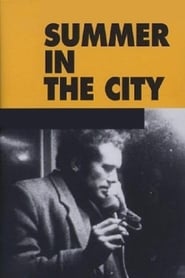 After an extensive prison term a...
After an extensive prison term a...